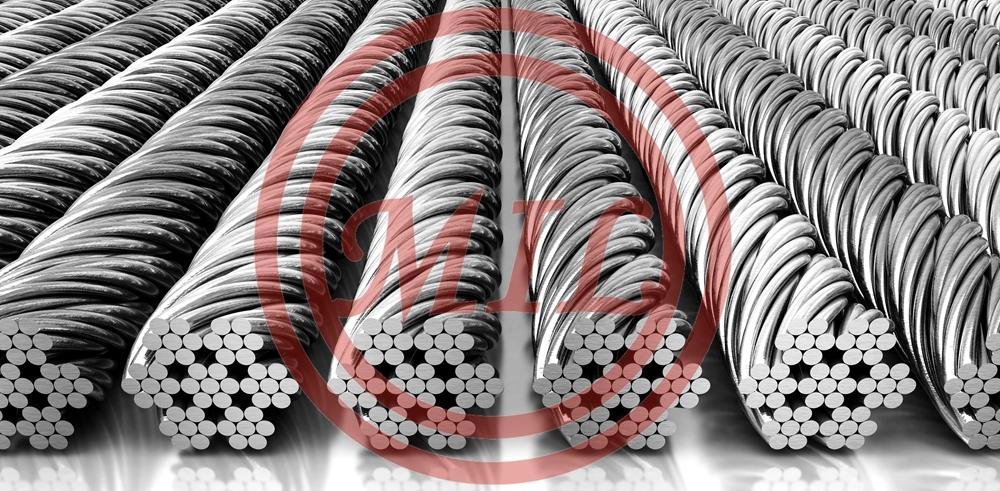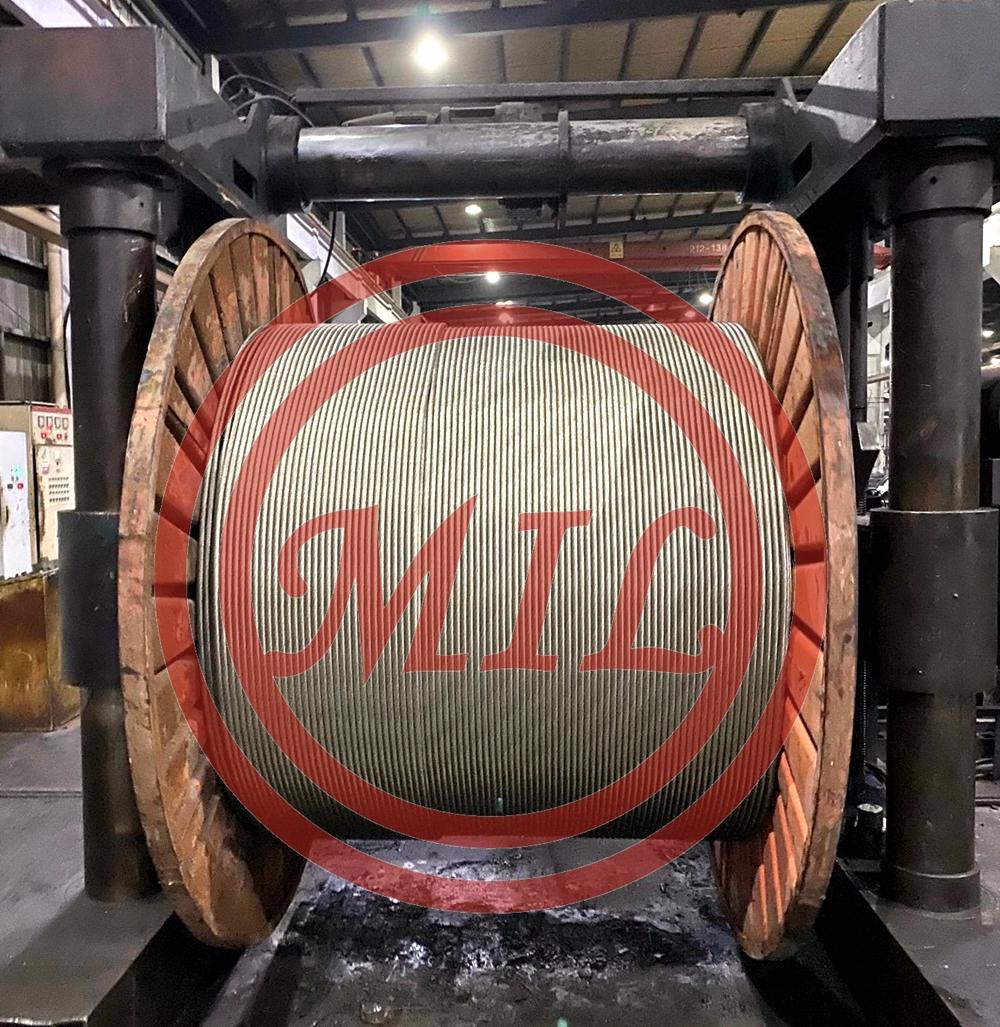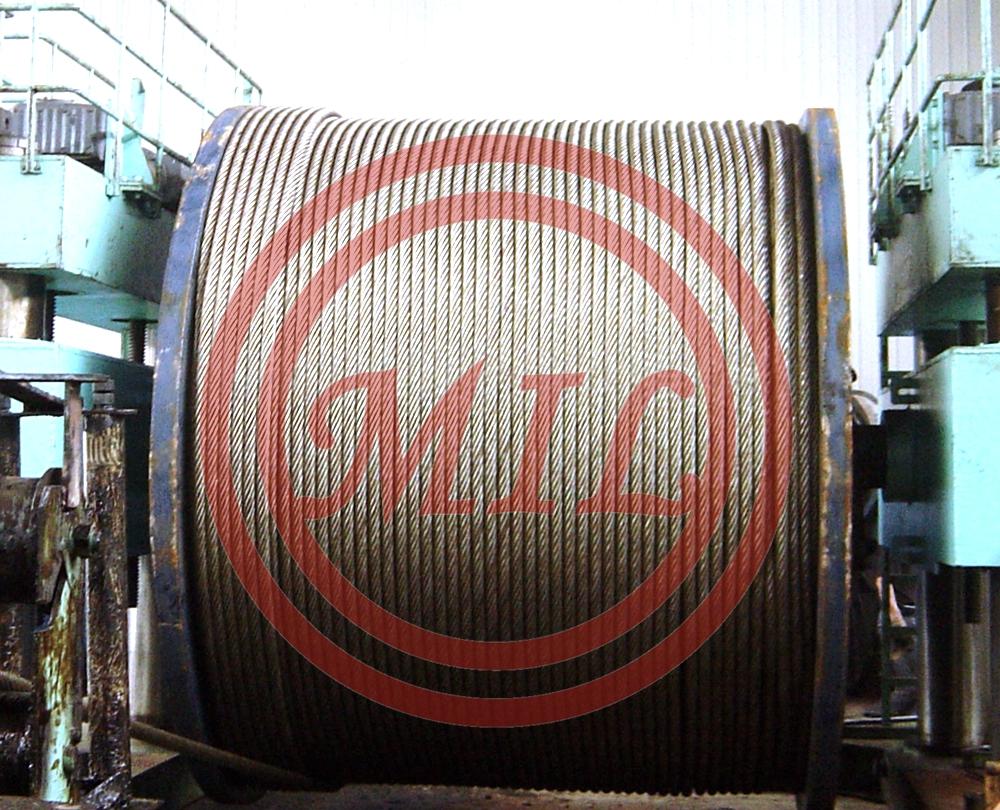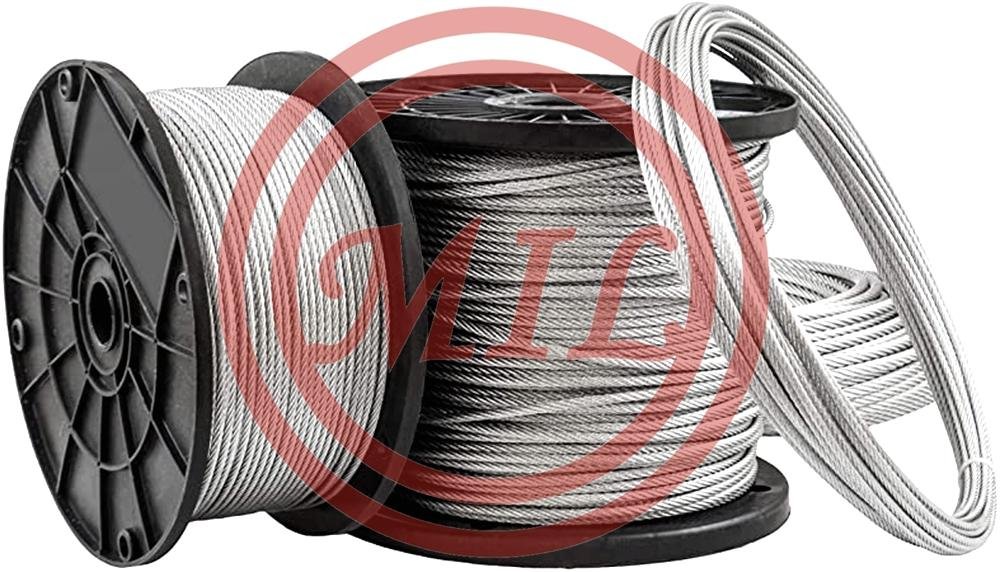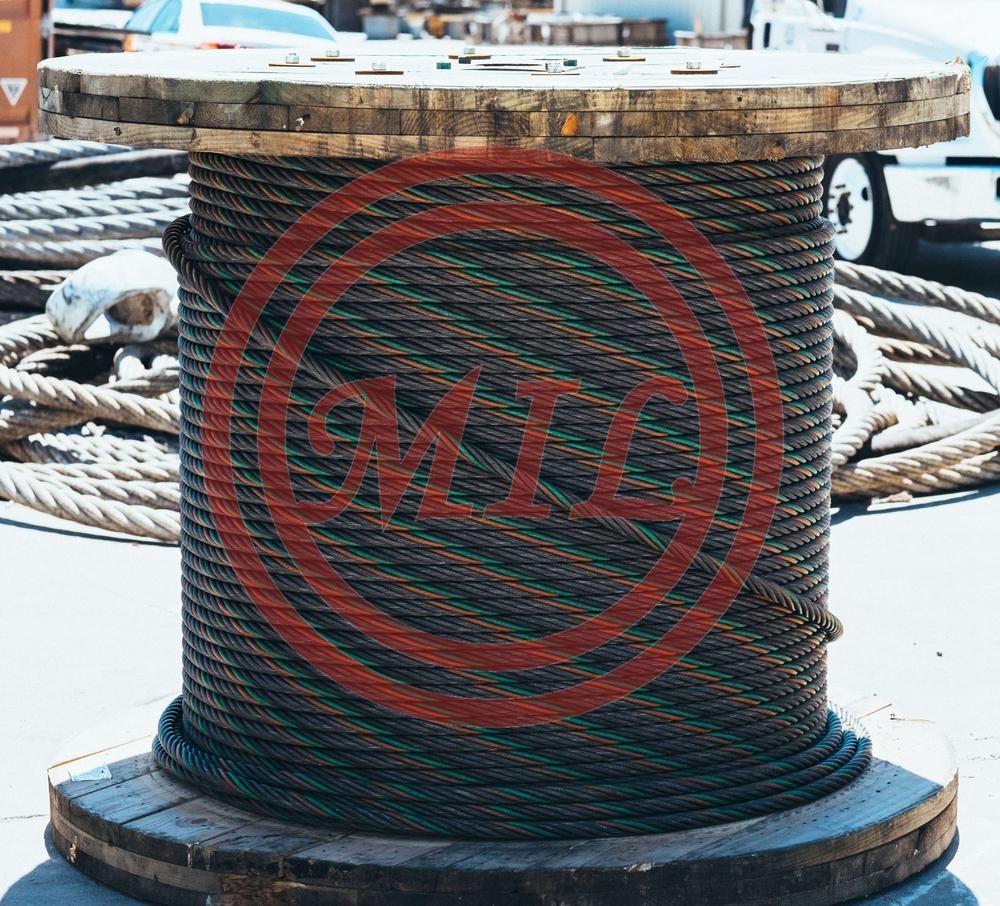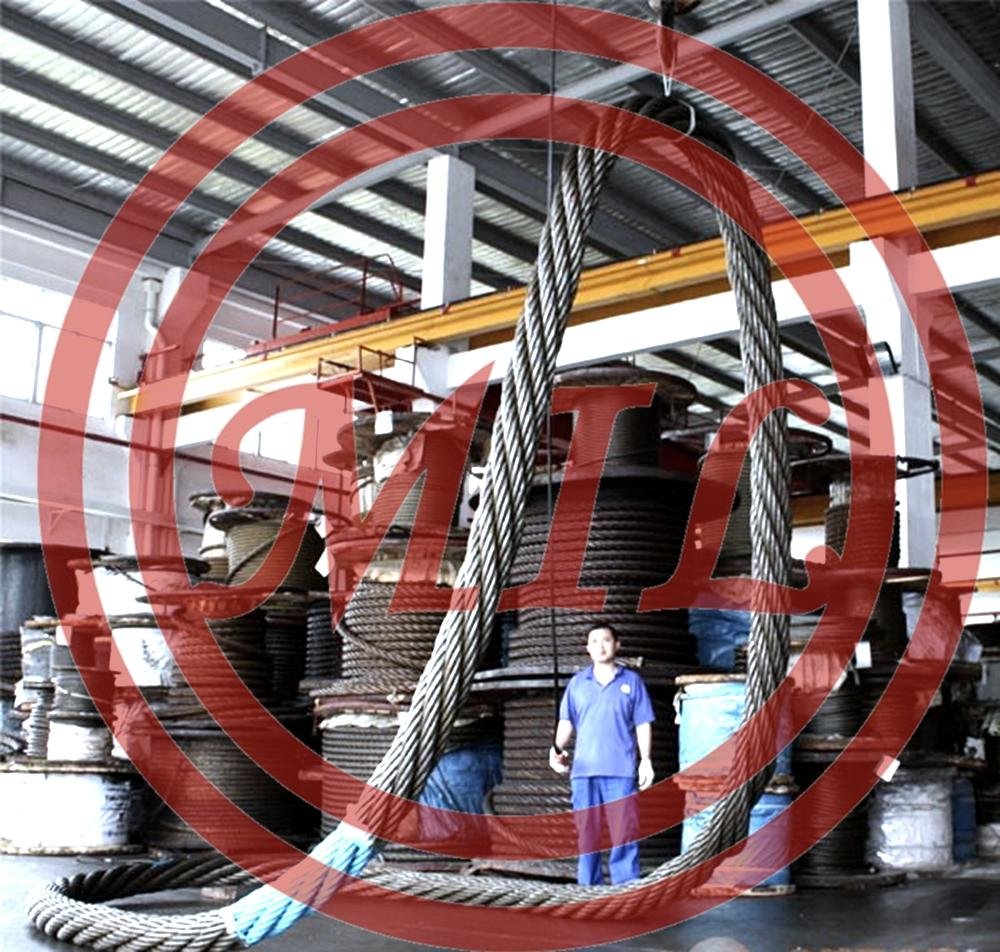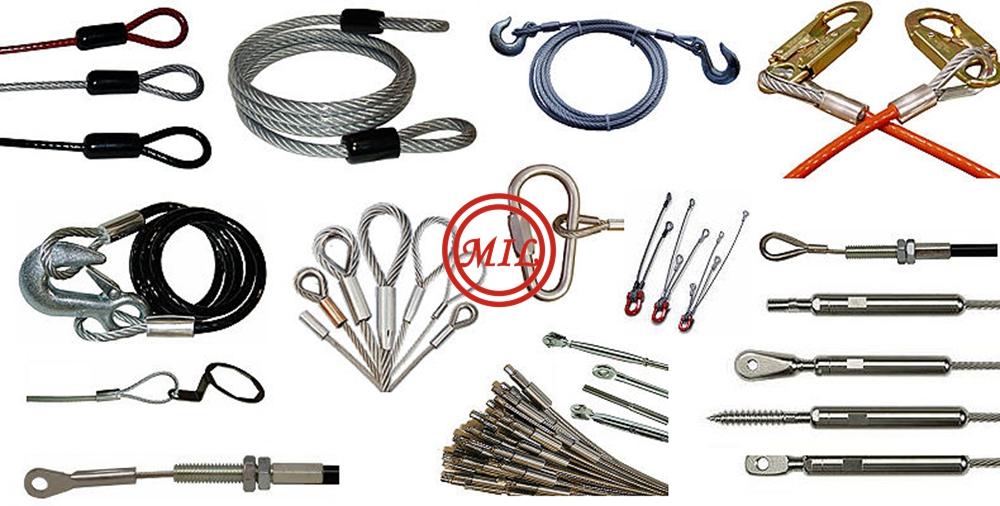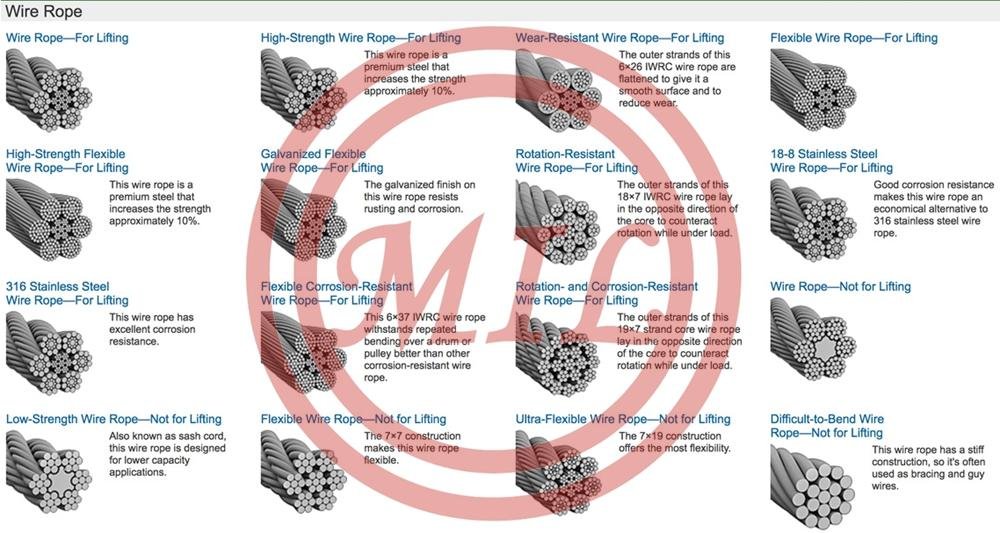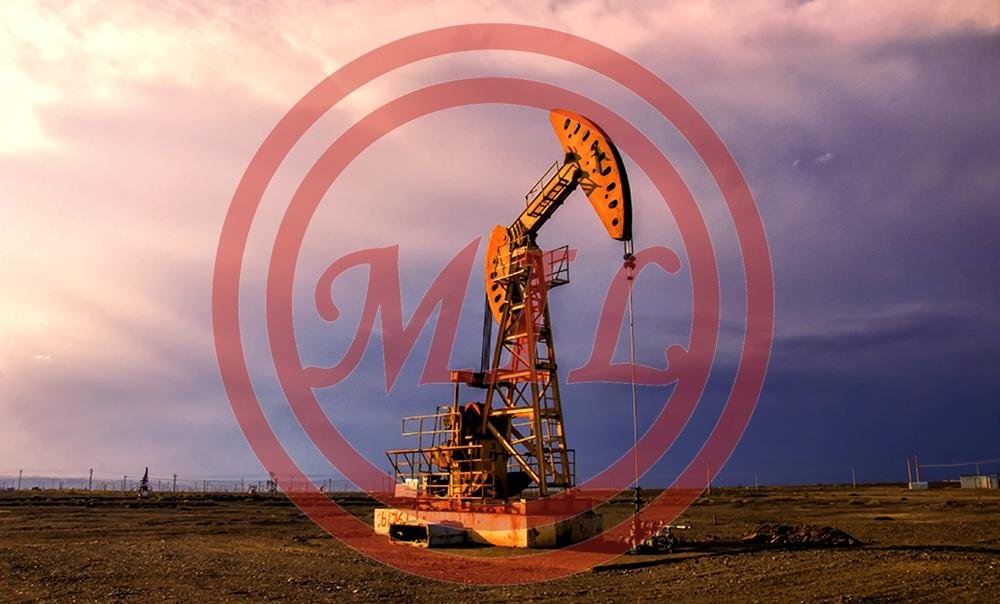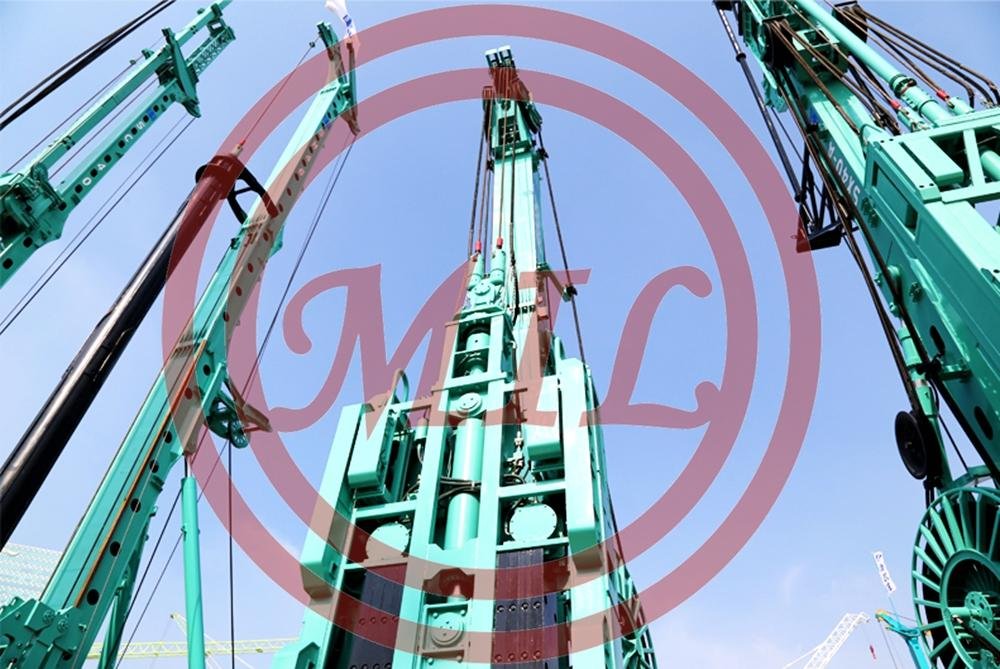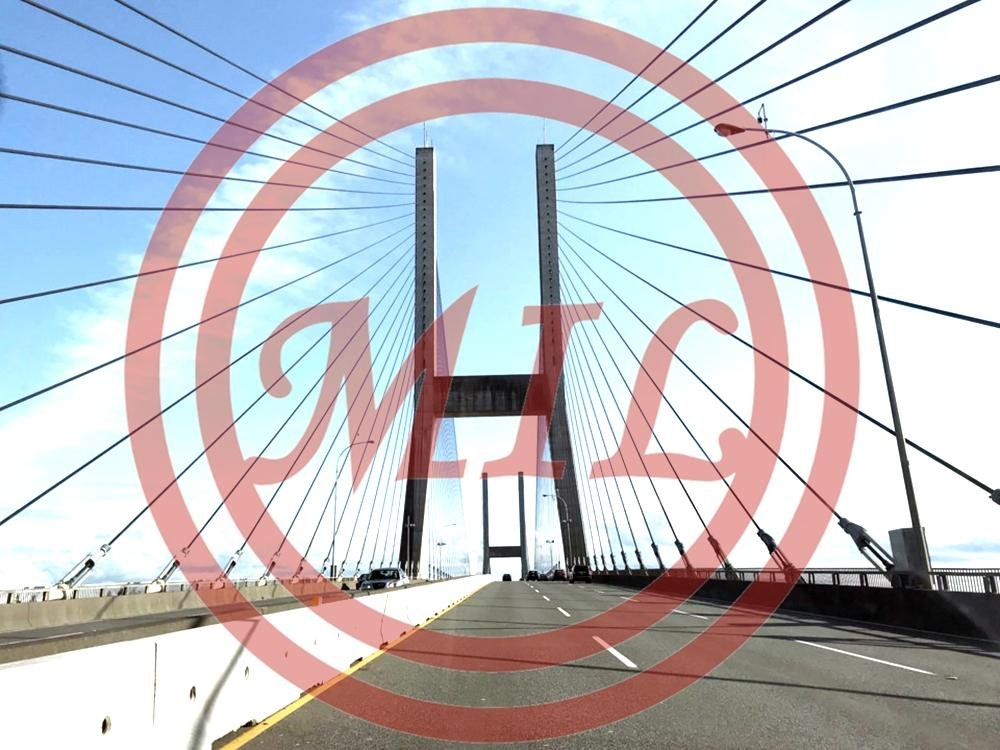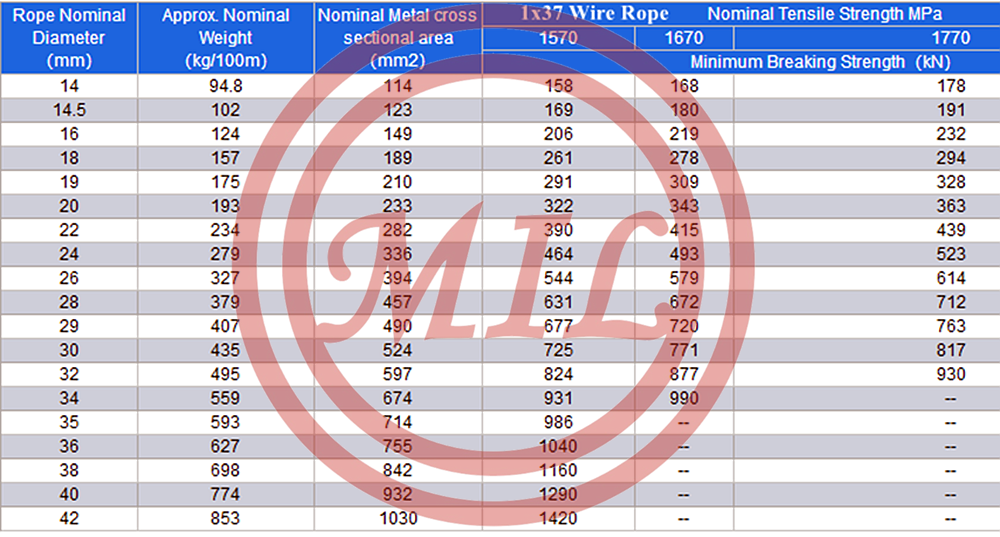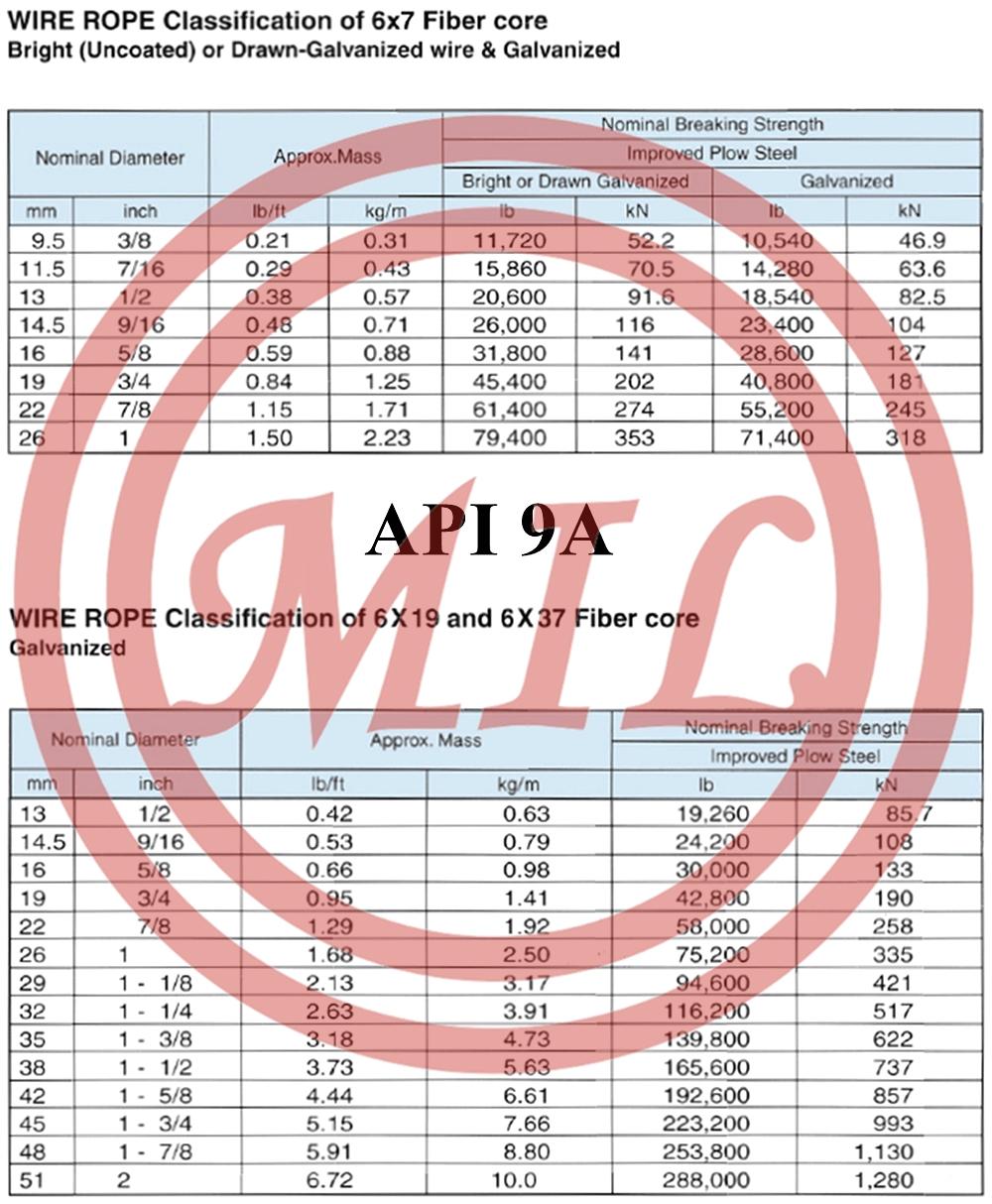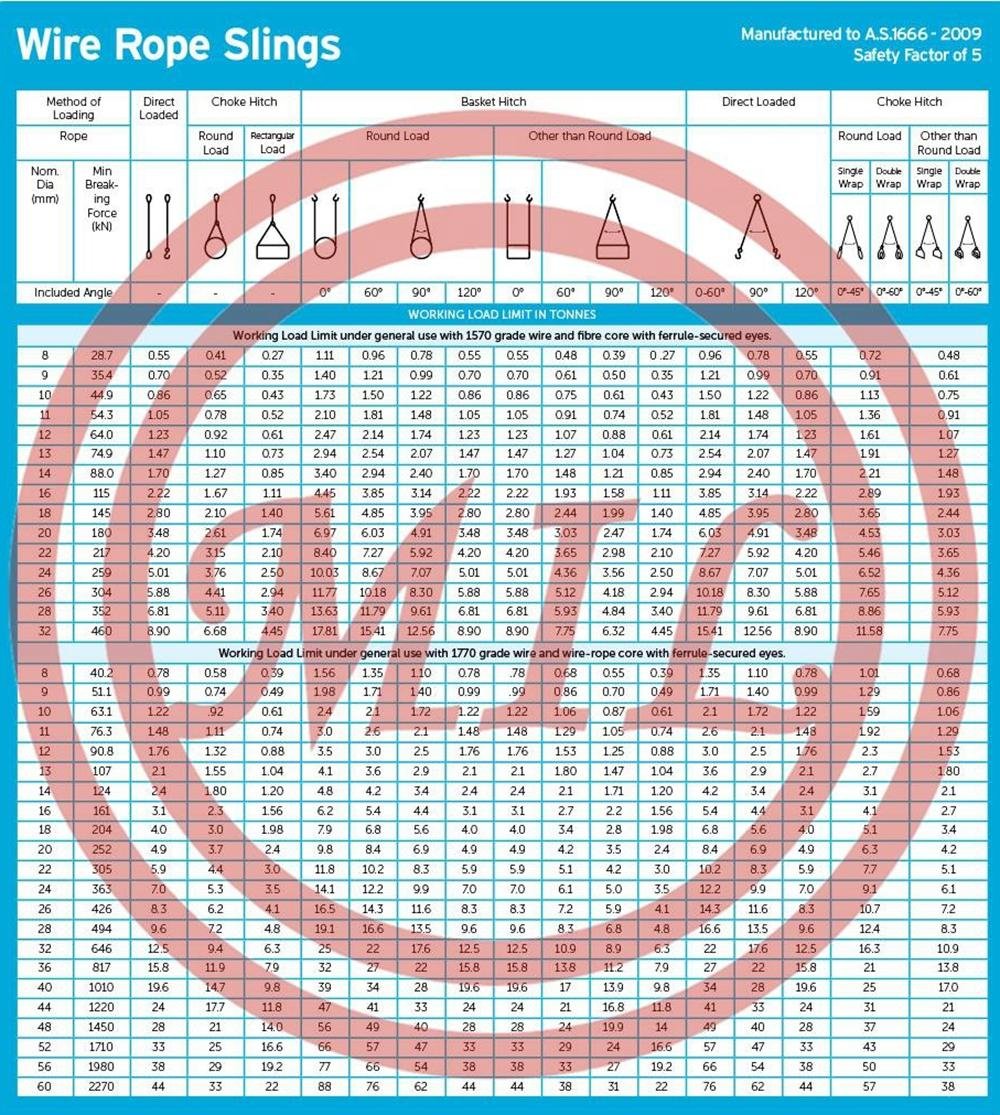Product Description
Wire Rope
Most wire rope is made from several strands of wire that are tightly wound together around a larger core. In many heavy-duty industrial operations, wire rope is relied on every day to help with heavy lifting and support applications. From mining to forestry to marine and beyond, there’s wire rope for almost every job.
Most wire ropes are manufactured from strands of cold drawn carbon steel wire, although stainless steel is sometimes used because of its anti-corrosive properties. These wire ropes are also referred to as stranded wire. For added strength and durability like what is needed in aircraft cables, galvanized cables are a very popular choice. Sometimes cable is specially treated and coated with plastic or some other compound for added protection. This is particularly important to prevent fraying if the wire rope is often in motion on a pulley.
Manufacturers and distributors identify the differences in wire cable by listing the number of strands and the amount of wires per strand so that anyone that orders understands the strength of the cable. Sometimes they are also categorized by their length or pitch. More complex wire rope identification codes connote information like core type, weight limit and more. Any additional hardware like connectors, fasteners, pulleys and fittings are usually listed in the same area to show varying strengths and degrees of fray prevention.
Steel is the most common material for wire rope, although many manufacturers also produce aluminum, nickel, copper, titanium, and even bronze rope for some applications. Strands are made by tightly twisting or braiding individual wire together. One strand could have anywhere between two and several dozen wire filaments depending on the necessary strength, flexibility, and weight capacity.
TYPES OF CORES
An important point to consider is the selection of the proper type of core needed in the rope. Wire Ropes are made with either fiber core or steel wire core.
1) Fiber Core (FC)
This center is made of either natural fibers or polypropylene and offers greater elasticity than the independent Wire Rope Core.
2) Independent Wire Rope Core (IWRC)
This center is usually composed of a separate 7x7 wire rope designated as IWRC. The steel core increases the strength by 7% and the weight by 10%. These steel cores provide more substantial support than fiber cores to the outer strands during the rope's operating life. Steel centers resist crushing, are more resistant to heat and increase the strength of the rope.
DESIGN FACTOR
The Design Factor being both the ratio between the minimum Breaking load of the rope and the rated capacity (RC) tells at what percentage of its ultimate strength a wire rope is operating. The Design Factor takes into consideration both normal rope wear and potential stresses in various applications. The best practice in determining an adequate design factor is to analyze the specific conditions involved inn each individual installation. The following example shows how to determine the Design Factor: If a rope is working under a max. operating load of 10,000 lbs. and is having an ultimate strength of 50,000 lbs., the factor is 5 which means it is operating at 20% of its ultimate strength.
FLEET ANGLE
The fleet angle is the angle formed between the rope running to or from the extreme left or right of the drum and a line drawn from the center of the sheave normal to the axis of the drum. For optimum efficiency, the angle here should not exceed 1 1/2 degrees for a smooth drum, or 2 degrees for a grooved drum. If the fleet angle is larger than the recommended limits, it can cause bad winding on smooth drums and rubbing against the flanges of the grooves. Too small a fleet angle should also be avoided since it will cause the rope to pile up against the flange head.
Before installing any wire rope that winds onto a drum, the fleet angle should be checked and if found improper, conditions should be corrected.
SHEAVE ALIGNMENT
Proper alignment of sheaves is essential. The main sheave should line up with the center of the hoisting drum, otherwise both the rope and sheave flanges will be subjected to severe and rapid deterioration will occur. If rope speeds are high, sheaves should also be balanced.
SPECIFICATIONS
API SPEC 9A Wire Rope
ASTM A492 Stainless Steel Wire Rope
BS 302-1 Stranded steel wire ropes - Part 1: Specification for general requirements
EN 10264-2 Steel wire and wire products - Steel wire for ropes - Part 2: Cold drawn non alloy steel wire for ropes for general applications
ISO 2408 Steel wire ropes for general purposes
DNVGL-OS-E304 Offshore Mooring Steel Wire Ropes
|
Nominal Diameter
mm
|
Approx Weight
kg/100m
|
TensileStrength MPa
|
|
1570
|
1670
|
1770
|
1870
|
1960
|
|
Min.Breaking kN
|
|
Natural Fiber
core
|
Synthetic Fiber core
|
Steel core
|
Fiber core
|
Steel core
|
Fiber core
|
Steel core
|
Fiber core
|
Steel core
|
Fiber core
|
Steel core
|
Fiber core
|
Steel core
|
|
8
10
12
13
14
16
18
20
22
24
26
28
30
32
34
36
38
40
42
44
46
48
50
52
54
56
58
60
|
24.3
38.0
54.7
64.2
74.5
97.3
123
152
184
219
257
298
342
389
439
492
549
608
670
736
804
876
950
1030
1110
1190
1280
1370
|
23.7
37.1
53.4
62.7
72.7
95.0
120
148
180
214
251
291
334
380
429
481
536
594
654
718
785
855
928
1000
1080
1160
1250
1340
|
26.8
41.8
60.2
70.6
81.9
107
135
167
202
241
283
328
376
428
483
542
604
669
737
809
884
963
1040
1130
1220
1310
1410
1500
|
33.2
51.8
74.6
87.6
102
133
168
207
251
298
350
406
466
531
599
671
748
829
914
1000
1100
1190
1300
1400
1510
1620
1740
1870
|
35.8
55.9
80.5
94.5
110
143
181
224
271
322
378
438
503
572
646
724
807
894
986
1080
1180
1290
1400
1510
1630
1750
1880
2010
|
35.3
55.1
79.4
93.1
108
141
179
220
267
317
373
432
496
564
637
714
796
882
972
1070
1170
1270
1380
1490
1610
1730
1850
1980
|
38.0
59.5
85.6
100
117
152
193
238
288
342
402
466
535
609
687
770
858
951
1050
1150
1260
1370
1490
1610
1730
1860
2000
2140
|
37.4
58.4
84.1
98.7
114
150
189
234
283
336
395
458
526
598
675
757
843
935
1030
1130
1240
1350
1460
1580
1700
1830
1960
2100
|
40.3
63.0
90.7
106
124
161
204
252
305
363
426
494
567
645
728
817
910
1010
1110
1220
1330
1450
1580
1700
1840
1980
2120
2270
|
39.5
61.7
88.9
104
121
158
200
247
299
355
417
484
555
632
713
800
891
987
1090
1190
1310
1420
1540
1670
1800
1940
2080
2220
|
42.6
66.6
95.9
113
130
170
216
266
322
383
450
522
599
682
770
863
961
1070
1170
1290
1410
1530
1660
1800
1940
2090
2240
2400
|
41.4
64.7
93.1
109
127
166
210
259
313
373
437
507
582
662
748
838
934
1030
1140
1250
1370
1490
1620
1750
1890
2030
2180
2330
|
44.7
69.8
100
118
137
179
226
279
338
402
472
547
628
715
807
904
1010
1120
1230
1350
1480
1610
1740
1890
2030
2190
2350
2510
|
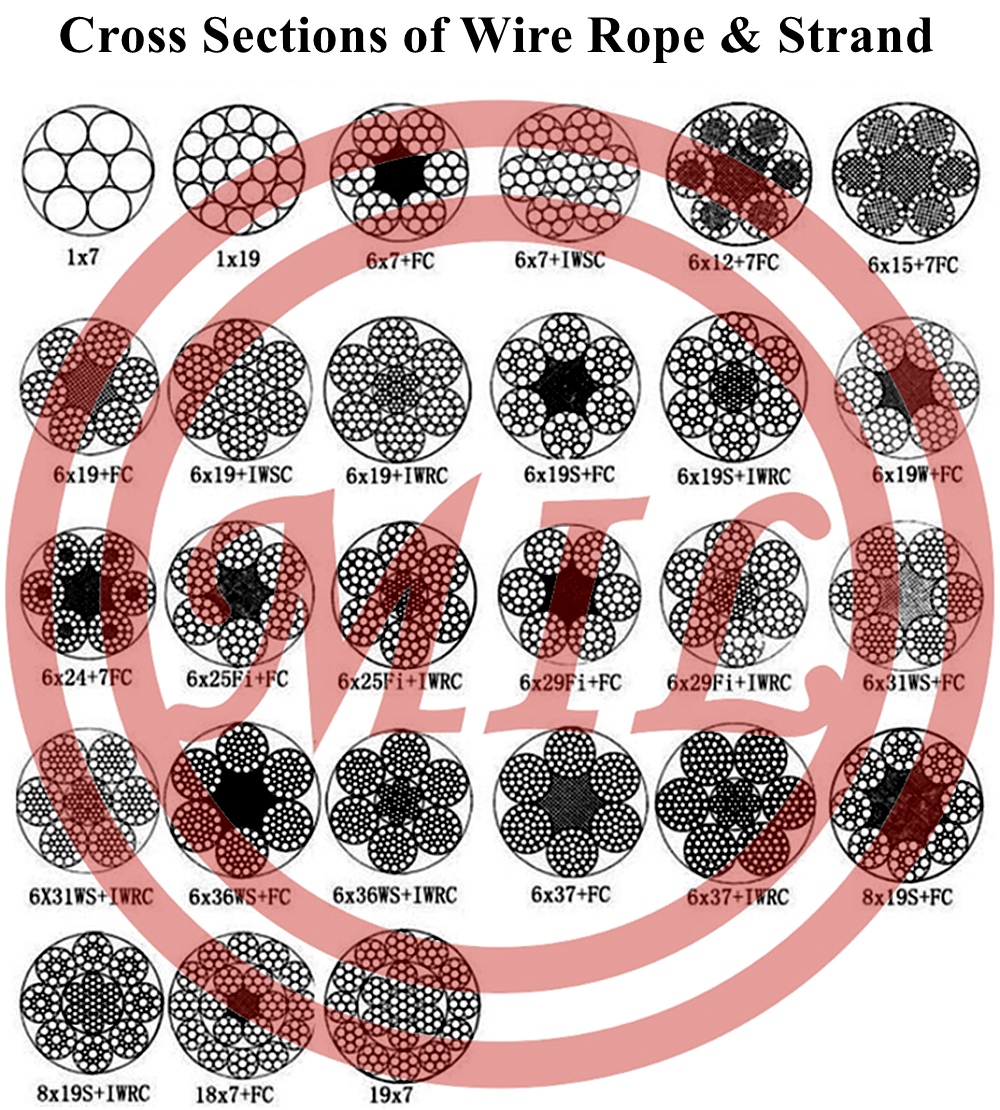
* 6-Stand (6x19, 6x31, 6x41 families): Wire Rope used to make slings as well as the most common crane cables.
• 7-Strand (7x7, 7x19): Galvanized or stainless aircraft cable.
• Coated cable (Clear PVC, Colored PVC, Nylon Jacket):7-Strand Construction
• Cable Laid (7x7x7, 7x7x19)
• Rotation Resistant Wire Rope (19x7, 19x9, 8x19): Mid-grade performance rope designed with resisting rope-spin
• High Performance Crane Cables (35x7, Flex-X ropes, Compact etc)
• Special/A typical Constructions including: Lang-Lay, Alternate-Lay, Left-Hand Lay, Fiber-core (as opposed to Steel Core or Independent Wire Rope Core (IWRC)), Die-Drawn, Pre-Stressed, Plastic Impregnated, and Specialty Foreign Constructions (and metric sized ropes etc).
• Guy Wire (1x7, 1x19, EHS (Extra High Strength)
Product Image
